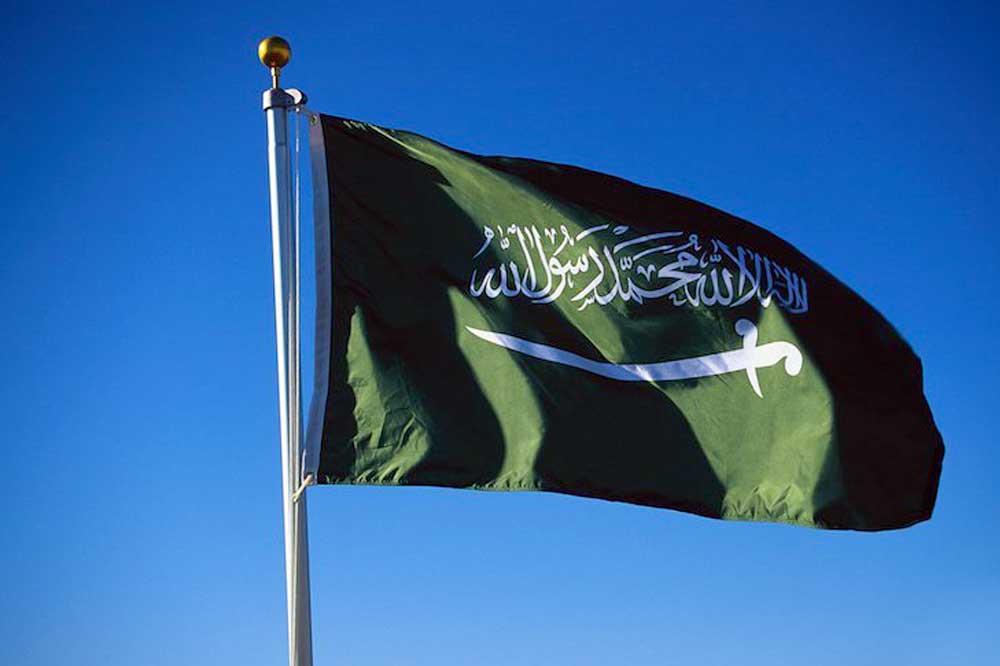
In the past three years, Saudi Arabia has been reshaping its society and legal structure, introducing key decrees and laws designed to move the nation forward on its journey towards complete economic and societal transformation. As part of its ongoing efforts, the Kingdom has just announced another key royal decree, this time declaring an end to the death penalty for those convicted of crimes committed while they were minors (under the age of 18).
According to an official statement that was released, individuals committed of a crime will instead “receive a prison sentence of no longer than 10 years in a juvenile detention facility.” It is worth noting that this announcement comes only days after Saudi Arabia ended the practice of flogging as a form of corporal punishment, replacing it with jail terms, fines, or a mixture of both. President of Human Rights Commission Awwad Alawwad expressed his views on this milestone moment in Saudi Arabia’s history, stating that this marked an important day for the Kingdom.
“This is an important day for Saudi Arabia and it was made possible by Custodian of the Two Holy Mosques King Salman and the Crown Prince Muhammad Bin Salman […] The decree helps us in establishing a more modern penal code, and demonstrates the Kingdom's commitment to following through on key reforms across all sectors of our country as part of Vision 2030, directly supervised by the Crown Prince Muhammad Bin Salman,” said Alawwad.
#SaudiArabia's King Salman has ordered an end to the #DeathPenalty for crimes committed by minors. A decision that is in line with the kingdom's reforms and developments in the realm of human rights. pic.twitter.com/6LDaDZUv8o
— About Her (@AboutHerOFCL) April 27, 2020
This monumental decree is one of many introduced since the ascension of the Crown Prince to his role in mid-2017, which has marked for many a period of significant development and significant changes across the Kingdom. In the past three years, the Kingdom has lifted the driving ban and ban on cinemas, it now allows women in public sporting venues, it introduced a tourist visa that allows visitors from across the globe to visit, and it continues to witness its women breaking into traditionally male-dominated industries, taking up leadership positions and attaining a range of firsts in everything, from sports to cybersecurity to science.
These achievements have been in part due to the Kingdom’s Vision 2030 objectives, a key part of which has been to provide Saudi women with more support, mobility, and economic opportunities, and to its advisory panel that now comprises more women, which has led to an overall improvement in women’s rights, from working on ensuring pay parity for men and women in the private sector, to providing monetary compensation for divorced women.
















